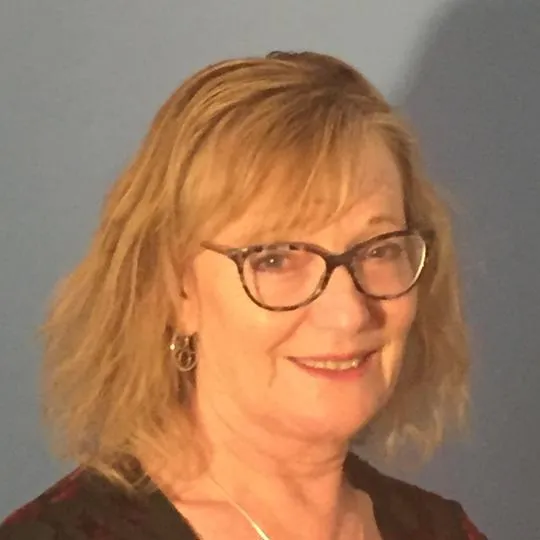14 April 2021
Experiential learning event adapted to become interprofessional education initiative
Resource that will be delivered to over 500 students in the 2020-21 academic year.

In 2019 King’s College London's Centre for Team-Based Practice & Learning in Health Care and Department of Women & Children’s Health created an experiential learning event to enable students and practitioners to contribute to health care improvement and patient safety. Originally undertaken by small groups using iPads in a classroom, the event was adapted for remote delivery to all second-year Medicine and Midwifery students as part of a new interprofessional education initiative called When Harm Happens (WHH) for the 20-21 academic year and beyond.
In the remote format, we were able to scale the event from ten students in a single classroom to hundreds of students in multiple Microsoft Teams breakout rooms. WHH centres on navigating a fictional serious incident investigation involving an unexpected infant death during childbirth. The half-day learning event involved self-directed pre-learning activities to familiarise students with clinical incident investigations, a guided incident investigation with breakout room discussion, and a facilitated debrief to close the experience. During the simulation, students were tasked with role-playing a member of the investigation team and were presented limited evidence from the scenario in an unorthodox sequence to promote reflexivity.
WHH utilises materials such as audio recordings, videos, and documents to enable students to learn about the case. The materials detail the events of the incident as they were recounted by different stakeholders: the mother, the father, a junior midwife, a senior midwife, and a neonatologist. These testimonies were accompanied by documentation that set out service data, patient data, expert commentary, and management responses to the fictional baby’s death. Students were asked at various points to discuss and judge what happened to decide on the depth and locus of responsibility for the adverse outcome in small, student-led groups. At the end of the training, students participated in a facilitated debrief to discuss the case and their learning. Throughout the training, students were able to consider how they would handle unexpected outcomes by reflecting on personal performance, team performance, and system performance.
Sending students into practice with experience reflecting on unexpected outcomes, responsibility for unexpected outcomes, and overall system performance enables students to widen their perspectives. WHH asks students to acknowledge their assumptions and to contrast these with those of students from other disciplines. This exercise leads to an expanded understanding of serious incidents, teamworking, safety, and complexity in healthcare.
The below video is one of three clinician accounts of the incident presented to students in the experiential element of WHH:


